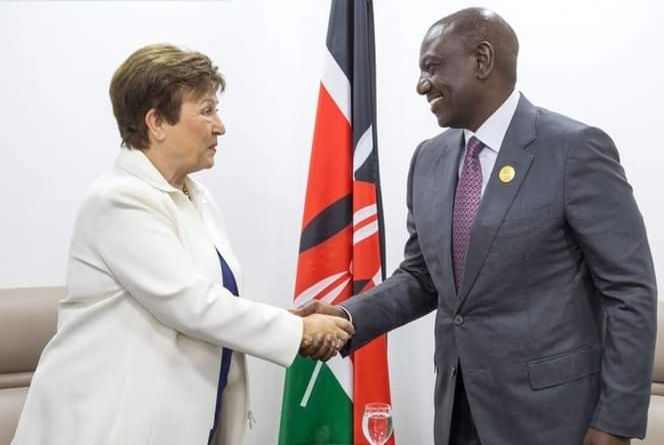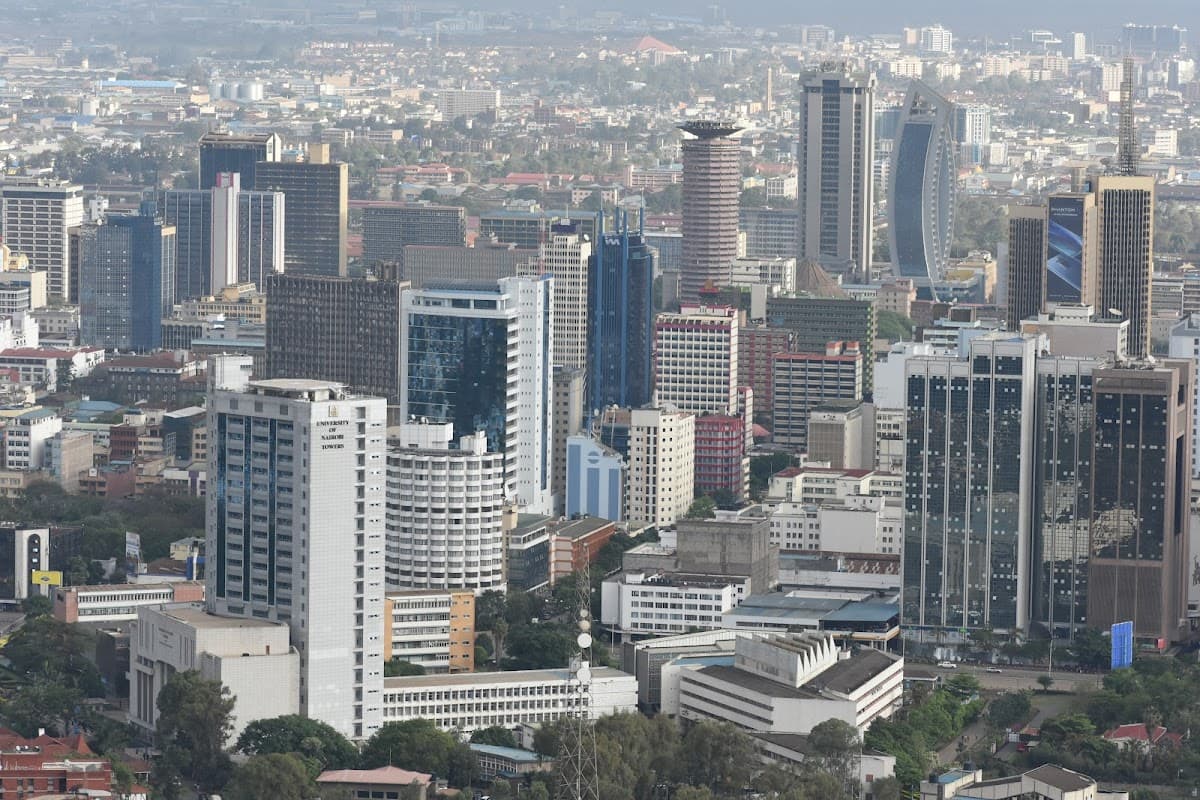The International Monetary Fund has approved a Sh78.3 billion ($606.1 million) loan disbursement to Kenya. This funding package encompasses the seventh and eighth reviews of Kenya's extended credit facility and extended fund facility, along with the second review of the Resilience and Sustainability Fund.
At a crucial point for Kenya’s economy, which has proven resilient with a 5.4% GDP growth in the first half of 2023 primarily driven by rebound in the agriculture sector, the disbursement comes.
It will help Kenya meet the country's immediate financial needs, including a squeeze on liquid assets that is mounting ahead of a $2 billion Eurobond maturity in June 2024.
The IMF said on Wednesday, the executive board of the International Monetary Fund has approved the seventh and eighth reviews of Kenya's program, paving the way for the cash-strapped government to access a $606 million loan tranche.
The East African nation and staff of the IMF announced an agreement on the seventh review of its $3.6 billion program in June, but completion of the review at the board level and the subsequent disbursement were disrupted by anti-Finance Bill demos.
The IMF Executive Board, stated they recognize the complex balancing act Kenya faces: boosting domestic revenues to protect critical spending while meeting debt obligations.
They emphasized their recent adjustments will reduce Kenya's interest payments to the IMF, demonstrating their commitment to providing sustainable support.
The Executive Board’s decision allows for the immediate disbursements of $485.8 million under the Extended Fund Facility arrangement and US$120.3 million under the Resilience and Sustainability Facility arrangement.
The Board emphasized that sustaining progress requires improving the quality of fiscal adjustment, addressing fiscal and financial sector vulnerabilities, advancing governance reforms, and implementing the structural agenda, including climate-related reforms.
Continued efforts to support the vulnerable population, broadening the socio-political support for reforms, and ensuring agile policymaking will also be necessary.
Ms. Gita Gopinath, First Deputy Managing Director of the IMF and Acting Chair Executive Board, said the East African Country's economy remains resilient.
“Kenya’s economy remains resilient, with growth above the regional average, inflation decelerating and external inflows supporting the shilling and a buildup of external buffers, despite a difficult socio-economic environment." Ms. Gita stated.
" The Central Bank of Kenya’s decisive actions have supported price stability and external sustainability, including through institutional changes to improve the functioning of the monetary policy operational framework and the money and foreign exchange markets.
Exchange rate flexibility is vital to improve resilience to external shocks and competitiveness. Addressing banks’ deteriorating asset quality and emerging risks requires close monitoring and strengthened oversight." She Added.
However, the Board Chair Emphasized it will not all be roses for Kenya, thorns are inevitable.
" Performance since the last reviews of these arrangements has weakened. While accumulation of foreign exchange reserves and inflation were better than expected, the fiscal performance fell significantly short of the targets. The revenue and export underperformances increased debt vulnerabilities. Implementation of several reforms was also delayed.
In this context, a difficult adjustment path lies ahead. A credible fiscal consolidation strategy remains central to addressing debt vulnerabilities while protecting social and development spending. Reforms to make the tax regime more efficient, equitable, and progressive as well as strengthening accountability, transparency, and efficiency of public finances will help garner political and societal support for reforms." She said.







